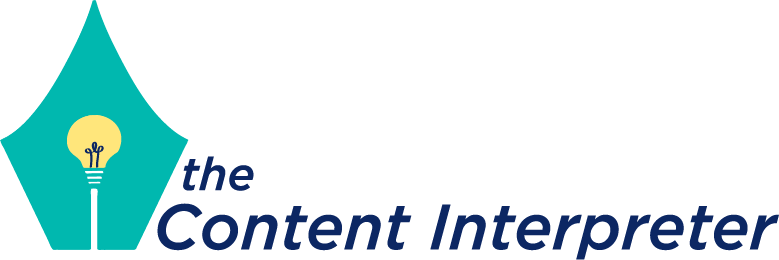I’m a big fan of the podcast medium. The idea that an interview full of insight, entertainment and inspiration, regardless of when it was recorded, can be sitting there waiting for you to discover it is thrilling.
Why? I suppose it’s because I know the power of stories. I’ve been fortunate enough to collaborate with brilliant executives, entrepreneurs, journalists and thought leaders. In all of my experience, conversation has always been the primary source of great content.
I was reminded of this as I listened to the latest Sunday Sit-down Podcast with Willie Geist. He recently invited producers to discuss the interviews they’re about to air. I was riveted as the producer of the Sheryl Crow interview, Hannah VanWinkle, spoke about the importance of the conversation’s setting (in this case, Crow’s home), noted the difference between how Crow communicates through her music vs. one-to-one, and how willing Crow was to open up to Willie.
When I start work with clients, much like a producer, it’s my responsibility to make sure that they are comfortable in every sense of the word. Comfortable with me, my approach, their own story - it all determines how rich the end product will be. It’s so important that I understand not only the topic on which they’re speaking, but how that ties in with the totality of their experiences, their origin stories and the work they have done over the course of impressive careers.
One of my clients, an executive director at a non-profit, demonstrates this idea beautifully through our work together. Over the course of our conversations and the independent research I had done, we had compiled some great themes and anecdotes: progress for his organization directly impacts progress for the individuals it serves, the organization operates and presents itself as a family, and the organization’s relationships with partners have broad positive imprints on cultures.
And yet, in the first drafts, it felt like something was missing. It was difficult to discern exactly, but something just didn’t feel right. So much of communication is not just what you say, but how it feels when you’re saying it. It wasn’t until I went back through the notes more thoroughly that I rediscovered a moment that the speaker had relayed to me during the interview process.
He described the feeling he had when he and his wife were looking upon the volunteers they had invited over to their house for a barbecue. It’s not even a complete story, but it conveyed a feeling that tied all the other elements of the speech together. I’m certain that it gave the audience an accessible entry point in relating to the speaker - they almost certainly haven’t brought change to a community in the way he had, but everyone can relate to a calming sense of accomplishment and contentment.
Trust in telling your story to one person is just as meaningful as trust in telling it to the masses. We all deserve to have a collaborator in our corner.

